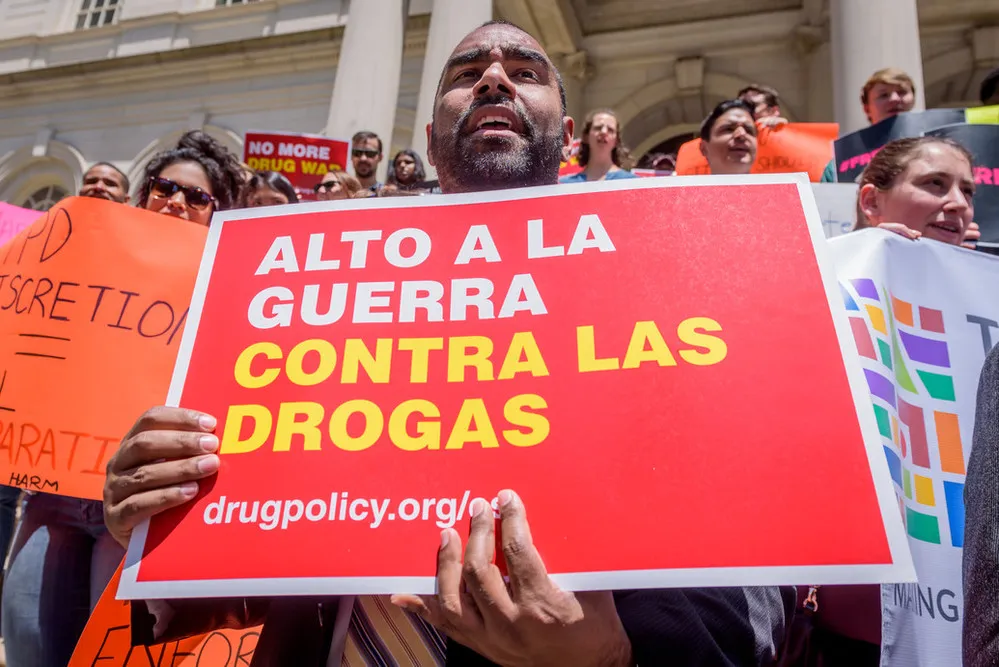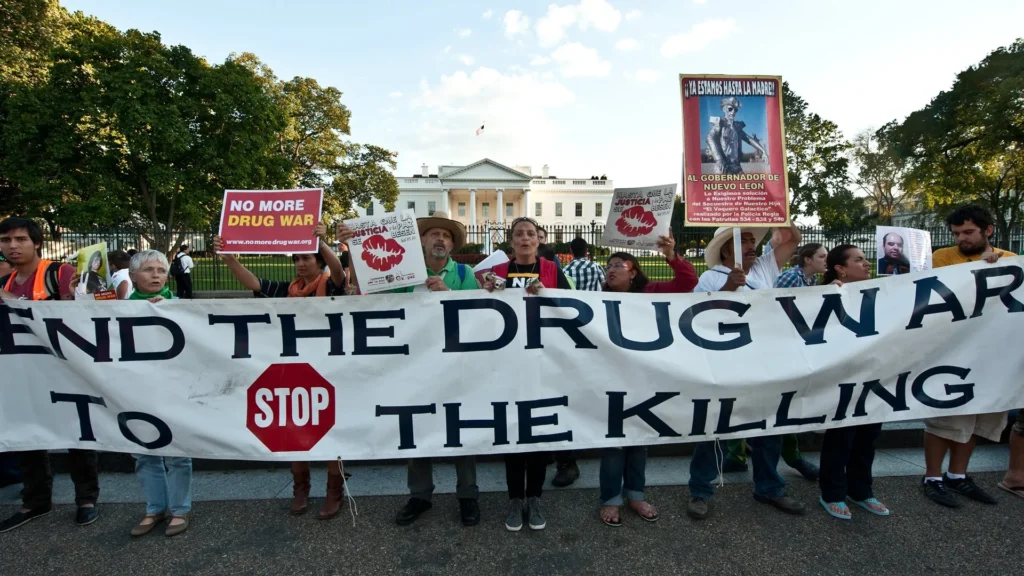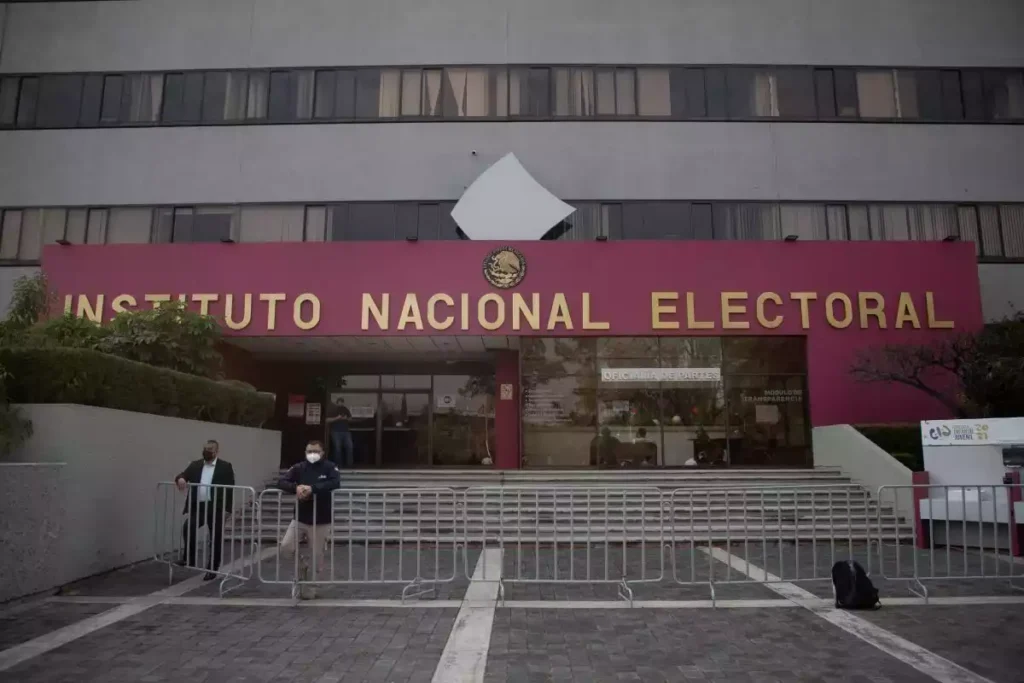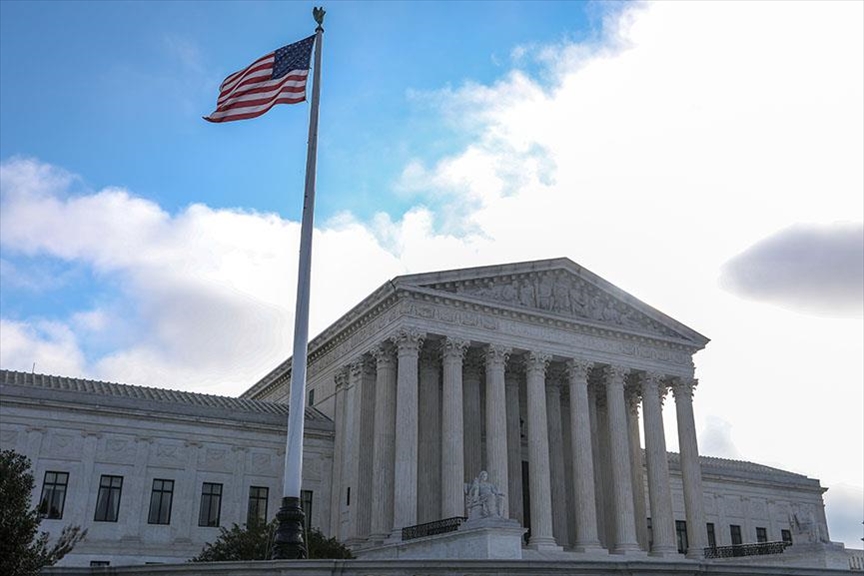A reform of drug use in the United States

A reform of drug use in the United States could rethink marijuana consumption in this country, albeit, only for medical use.
The United States is close to a historic drug policy reform, with the Drug Enforcement Administration (DEA) preparing to modify the classification of marijuana on the federal list of controlled substances.
Drug use reform in the U.S. is in the midst of a study phase and with ample options for a nationwide change.
The proposal, which has yet to be reviewed by the White House Office of Management and Budget, would recognize the medical uses of cannabis and acknowledge that it has less potential for abuse than some of the country’s most dangerous drugs.
Obviously, it would not completely legalize marijuana for recreational use, but it may have an impact on marijuana production.
According to information revealed by Telemundo and corroborated by NBC News, this agency plans to reform drug use in the United States, and thus move marijuana from a Schedule I substance, a category that includes drugs considered to have no accepted medical use and a high potential for abuse, to a Schedule III substance.
READ HERE: ENFORCED DISAPPEARANCES IN VENEZUELA: IN THE MIDST OF ELECTIONS.

A reform of drug use in the United States: ¿Soon?
This placement would place marijuana alongside drugs such as Tylenol with codeine, steroids and testosterone, which have a lower potential for abuse.
This change in drug reform in the United States comes more than 50 years after the enactment of the Controlled Substances Act.
As such, it is expected to have a profound impact on the cannabis industry and on access to medical treatments based on this plant.
According to Telemundo, the possible reform of drug consumption in the United States would cause a repositioning that would allow greater scope for research and development of cannabis-based medicines, in addition to making it easier for pharmaceutical companies to participate in its distribution in those states where its medical use is legal.
The initiative of this entity still has to overcome several bureaucratic stages before it materializes.
READ MORE: PRO-PALESTINIAN PROTESTS AT U.S. UNIVERSITIES.
According to NBC News reports, the organization’s plan is currently under review by the White House Office of Management and Budget, and will then be subject to a public comment period before final implementation.
The economic impact of this reclassification could be significant, given the enormous valuation of the cannabis industry at $34 billion.
NBC News notes that this regulatory change could eliminate large tax burdens for cannabis-related businesses in states where cannabis is legal, particularly by modifying provisions such as Section 280E of the Internal Revenue Code, which currently restricts tax deductions for these businesses.
From a social and political perspective, the adjustment in the classification of marijuana reflects a change in public perception about the use of this substance.
According to Telemundo, almost six out of ten Americans support the legalization of marijuana for both medical and recreational purposes.
Drug use reform in the U.S. could have an impact on the perception that has influenced politics, where there is growing bipartisan support for marijuana regulation reforms.
A recent measure taken by President Joe Biden consistent with this trend has been the presidential pardon granted to individuals with convictions for marijuana possession-related offenses, reflecting an effort to correct the repercussions of cannabis criminalization.
This measure seeks to remove unnecessary barriers to employment, housing, and educational opportunities faced by those with criminal records for marijuana use and possession.

Telemundo






